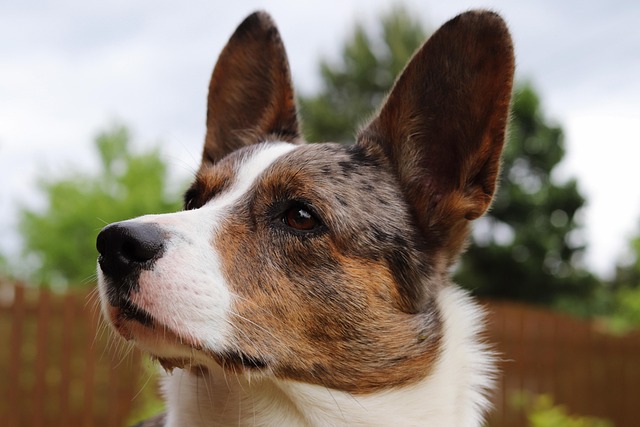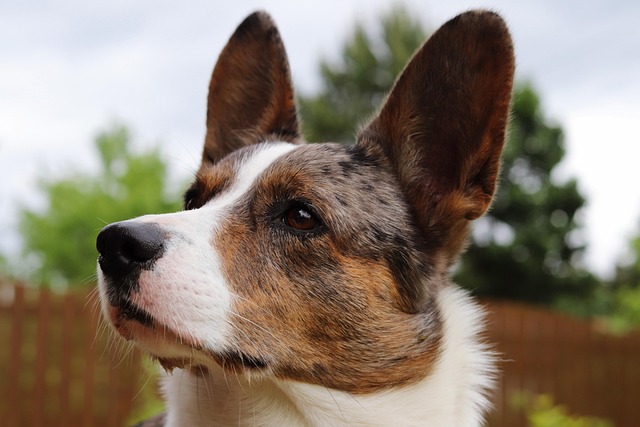
How to discipline a dog for being naughty?
Dogs act out for reasons—boredom, fear, or just not understanding the rules. When your pup chews your favorite shoes or darts through an open door, reacting in the moment matters more than yelling later.
Dogs act out for reasons—boredom, fear, or just not understanding the rules. When your pup chews your favorite shoes or darts through an open door, reacting in the moment matters more than yelling later. Start by catching the behavior as it happens; a firm “no” paired with a gentle redirect to a chew toy teaches them what’s acceptable, right when it counts. This clarity helps build trust, making them more likely to listen over time.
Consistency is key, but so is knowing local laws. Many areas have strict rules about dog behavior in public—jumping on strangers or chasing wildlife might land you in hot water. Instead of scolding after the fact, practice commands like “sit” in busy parks. Reward calm behavior with treats or praise; dogs learn faster from positivity than punishment, and it keeps interactions safe for everyone.
 Timing matters with discipline. If you find a chewed couch hours later, scolding won’t connect the action to the consequence. Instead, keep an eye on your dog and interrupt bad behavior immediately—clap your hands to stop digging, then guide them to a designated digging spot. This teaches boundaries without confusion. Also, consider breed traits: high-energy breeds like Border Collies need more exercise to avoid mischief. A long walk or puzzle toy can curb naughtiness before it starts.
Timing matters with discipline. If you find a chewed couch hours later, scolding won’t connect the action to the consequence. Instead, keep an eye on your dog and interrupt bad behavior immediately—clap your hands to stop digging, then guide them to a designated digging spot. This teaches boundaries without confusion. Also, consider breed traits: high-energy breeds like Border Collies need more exercise to avoid mischief. A long walk or puzzle toy can curb naughtiness before it starts.
Physical punishment isn’t just ineffective—it’s often illegal in places like Germany and parts of Canada, where animal welfare laws strictly prohibit harm. Even a harsh tone can damage your bond. Instead, use time-outs wisely. If your dog nips during play, walk away for 30 seconds. This shows that rough behavior ends fun, which they’ll learn to avoid. Always follow up with affection once they’re calm to reinforce good habits.
End each interaction on a positive note. Dogs thrive on routine and clear expectations. Spend 10 minutes daily practicing commands, and adjust your approach to their personality—some respond better to verbal praise, others to play. By combining patience with consistency, you’ll turn naughtiness into obedience, all while staying within local laws and building a stronger relationship with your furry friend.

Dogs act out for reasons—boredom, fear, or just not understanding the rules. When your pup chews your favorite shoes or darts through an open door, reacting in the moment matters more than yelling later.

That adorable moment your new pup cocks its head when you say "Buddy" – but then promptly ignores you to sniff the neighbor’s rose bushes – is all too familiar.

That heart-stopping moment when your pup bolts after a squirrel in the local park, completely ignoring your shouts of "MAX, COME!" is every dog owner's nightmare.

Beagles are charming, scent-driven bundles of energy, but their bathroom habits can test even the most patient owner.

Watching your new furry friend tilt their head when you call, only to trot off towards that tempting squirrel in the neighborhood park instead, can feel frustrating.

Waking up to find your dog’s bed shredded, stuffing scattered across the living room floor—it’s a scenario many new pet parents know too well.